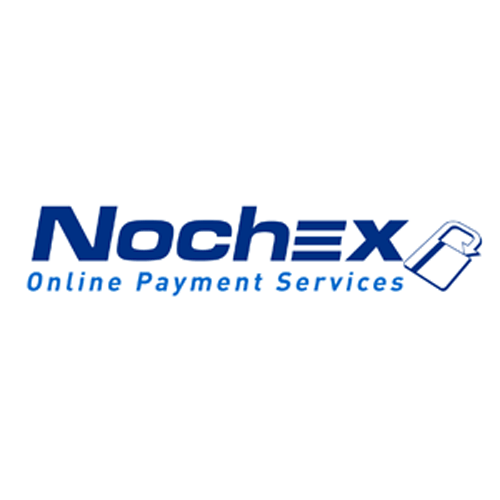
NoChex Review: The Best Alternative Merchant Account?
After carving out a space in the merchant account market, could Nochex be what your business
Get a quote in seconds with our simple form
Business bank accounts enable you to separate your personal and business expenses; creating a convenient way to organise your tax and bookkeeping. This makes paying taxes easier and means your files are clear and easy to understand.
There are several advantages to having a business bank account. But how much does a business bank account cost? For a deeper dive into what a business account can offer you and your business, read on.
In this article, we outline the costs associated with opening and maintaining a business bank account and explain what you need to get started.
Remember, although similar, business bank accounts are not the same as merchant accounts. If you want to read about them, read our page on everything you need to know about merchant accounts.
Each bank has its own set of criteria for opening a business bank account. It’s important to evaluate and compare the available options to find the best business checking account that suits the needs of your business.
If you already have a personal account with a particular bank, there might be special offers or benefits available to you if you choose to open a business bank account with the same one.
Some banks require an initial deposit or a minimum balance, while others impose varying fees for different types of transactions, such as monthly service fees, excess transaction fees, or cash handling fees.
Typically, when opening a business bank account, banks require an initial deposit. Some accounts have no initial deposit requirement but may charge a monthly maintenance fee. This fee covers additional benefits such as overdraft coverage, cashback rewards, and no charges for using ATMs outside the bank’s network.
To avoid monthly maintenance fees, many banks expect you to maintain a minimum daily balance. Most business bank accounts have monthly fees, although there are options available without these.
When your business processes customer payments, transaction fees may be imposed. Certain banks charge a fee for transactions exceeding a specified limit, for example, providing the first 25 transactions free and then charging 40p per transaction thereafter.
Banks may apply cash handling fees when processing deposits of bills and coins beyond a particular threshold. There are limits on the amount of cash you can deposit, and any excess amount will be subject to a processing fee.
In some cases, banks have contracts with payment processors that include provisions for early termination fees. If either party cancels the agreement prematurely, fees may be incurred. These agreements may involve multi-year contracts that set up a merchant services account for your business.
Business bank accounts usually have a monthly or yearly fee. In return, the bank you choose will often allow you access to a variety of features and advantages.
These could include increased transaction limits, enhanced cash management tools, and individualised assistance from a designated account manager.
Sole traders are not legally required to have a separate business bank account in the UK. It is, however, widely considered to be the best practice to have one as it makes running your business easier.

After carving out a space in the merchant account market, could Nochex be what your business

They’re two major players in the mobile card machine game, but which is better? They’re two

We explore the hardware, software, and pricing structures of two of the UK’s most popular merchant




Commercialexperts.com helps savvy UK businesses to save time and money by comparing a wide range of essential products and services.
© TFLI 2024 All rights reserved. Licenced by the Information Commissioners Office, (Registration Number Z3585914) Registered in the UK, number 08424810. Registered Office Address: First Floor, Beechwood Court, Springwood Way, Tytherington Business Park, Macclesfield, Cheshire. SK10 2XG.